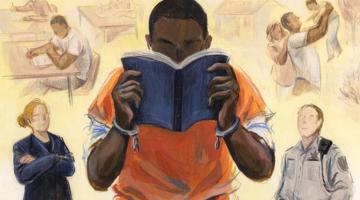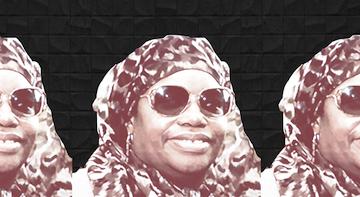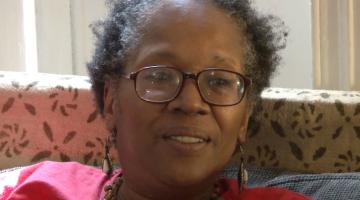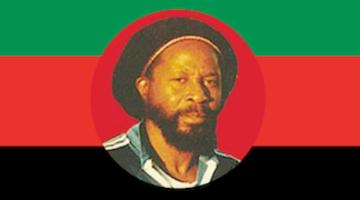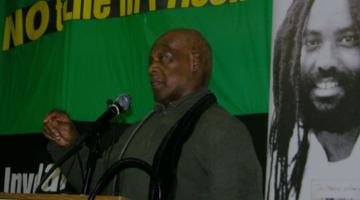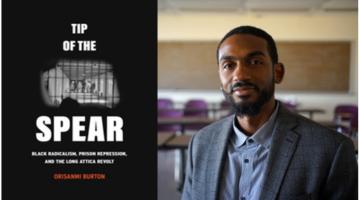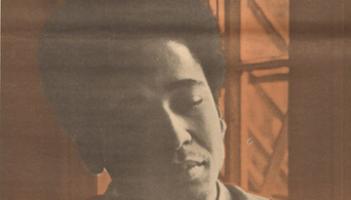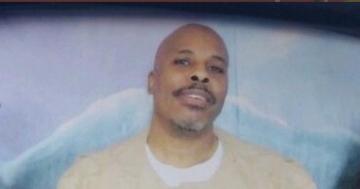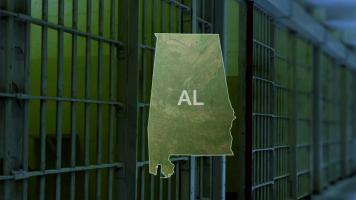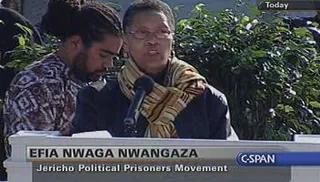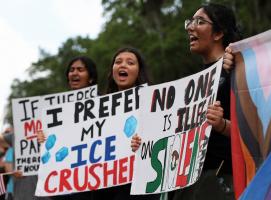Martin Sostre (1923-2015) was a political prisoner, jailhouse lawyer, and Black anarchist of Puerto Rican descent. After being released from prison, he opened a radical Afro-Asian Book Shop in Buffalo, NY, which was later raided by the FBI, state troopers, and the police. He has been an inspiration to many current and formerly incarcerated individuals involved in revolutionary organizing. This year marks the 100-year commemoration of his birth.
Prior to my incarceration, I had never heard of Martin Sostre. Despite his being one of the most well-known prisoners in the US during the early 1970s and being the first US political prisoner to have his case adopted by Amnesty International, he was unknown to me. And most imprisoned people today. This should not be. As Lorenzo Kom’boa Ervin, former political prisoner and mentee of Martin Sostre wrote: “He almost singlehandedly won democratic rights for prisoners to receive and read revolutionary literature; write books; worship alternative faiths; to not be railroaded in unfair disciplinary hearings and held indefinitely in solitary confinement; and to have cultural studies programs.” As a currently incarcerated prison (dis)organizer and abolitionist who is deeply involved in political education and mutual aid work, I have benefited greatly from the struggles Martin spearheaded, the battles he fought and the victories he achieved.
My first encounter with Martin was via a zine: The Prison Letters of Martin Sostre. After reading this zine, I was angry and disappointed that I had never heard of him before. But more importantly, I was inspired. I found a role model, someone who had effectively organized and built community behind the walls. Martin was a practitioner, a person of action. He lived his theories, correcting them as he walked. This fact is not only an inspiration, but also a challenge.
As my knowledge of his work and life increases, my abilities and capacities as a (dis)organizer do too. Martin has taught me to always be a student, a noticer. His continued openness to change and growth significantly impacts my praxis. He was never dogmatic. Throughout his life, he embraced different philosophies, imbibing what was beneficial to the struggle and discarding what wasn't. He had been a member of the NOI, a Black nationalist, and anarchist, and remained a practitioner of yoga. Like another inspiring Black political prisoner, Russell Maroon Shoatz, Martin taught me to remain humble, to never believe I have it all figured out. He taught me to always be a student. This is how one remains open to growth.
Along with always being a student, Martin has shown me how to be a good noticer. He has shown me how to enter a community, find out what is going on, what the people need, what they want and how they are currently meeting those needs and wants. He taught me to look around and take in the scene before diving into the work. Too often, organizers enter communities believing they already know the problems and solutions. They create top-down solutions and don't listen to the people. Martin has taught me that we must put the people first. Get to know them. Listen to them. Take direction from them. We are there to assist, to empower the people. He taught me the value of noticing and learning from the people. This lesson has made my work more impactful and effective.
Another lesson Martin has taught me is to make things easy for the people. The populations we are building with are often struggling to survive, struggling to make ends meet. When Martin opened his bookstore in Buffalo, he created a space for people to learn and build community. Money wasn't an issue for the people. They would sit for hours and read without purchasing materials. He made sure the materials were accessible and provided a learning space. All one had to do was show up. He made political education easy for the people. I try to do the same.
The most impactful lesson Martin taught me was the power of collectivity, the importance of community. He knew that our strength was in our relationships. Wherever he was, whether in general population or solitary confinement, Buffalo or New Jersey, he was always building community. He was continually reaching out and bringing people in. He knew, like J. Sakai said, you can be the best firefighter in the world, but you cannot put out the fire alone. It was the strength of his relationships that won his freedom. He created community on both sides of the walls. None of us will singularly create a world we can all thrive in. As Audre Lorde wrote, "Without community, there is no liberation."
Each day, I have to answer to Martin's ghost. I have to ask myself if what I am doing would make him proud. As I said before, Martin was a practitioner, a person of action. He knew that revolution isn't something you feel, it is something you do. I hear him asking me: What are you doing? A major part of my work is extending his legacy. And the best way to do that is to practice what he has taught me, being an example for future revolutionaries.
Stephen Wilson is a currently incarcerated, Black, queer writer, activist and student. He is a founding member of Dreaming Freedom Practicing Abolition, a network of self-organized prisoner study groups building abolitionist community behind and across prison walls.

